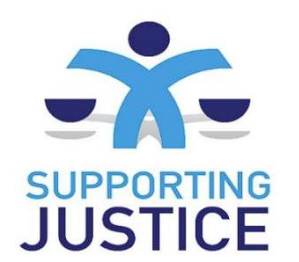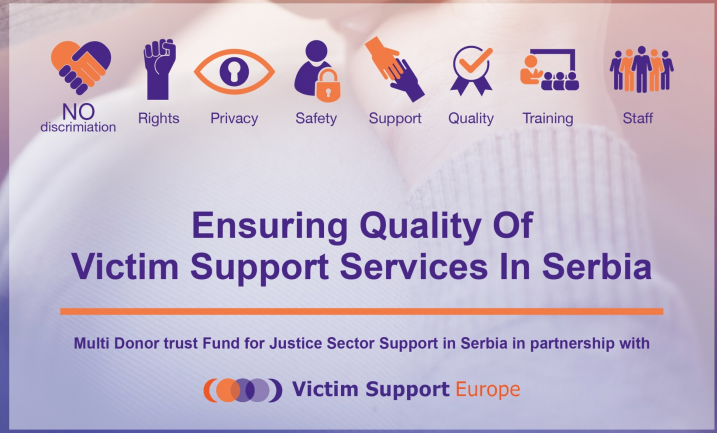
This has been an exciting year for us as we emerged from reduced operations during the years of the pandemic protective measures and increased our activities into new areas and partnerships. We wanted to share with you some of the highlights of the past twelve months before we move forward into 2023, our 10th anniversary year.
Review of the Historical Institutional Abuse Scheme (Northern Ireland) Redress Scheme
Following a motion in the Northern Ireland Assembly in response to victim and survivor concerns over the redress process, we were commissioned by the Northern Ireland Executive to undertake a review of the redress process and make recommendations to improve the experience for victims and survivors.
We heard from victim and survivor groups about the difficulties navigating the process and the impact of engaging in a legalistic procedure in relation to their experience of abuse. We also consulted with a range of stakeholders, including the Historical Institutional Abuse Redress Board, the Commissioner for Survivors of Institutional Childhood Abuse, the Law Society and the Victim and Survivor Service.
Despite the challenges presented by the pandemic and the absence of a government in Stormont, the redress scheme had processed an impressive number of applications. The desire by all parties to improve the experience of engaging with and applying to the Scheme was especially encouraging. We are grateful to all for their assistance.
Our recommendations focused on presenting a clearer and more cohesive process for applicants through improving collaboration between all parties. We were mindful of the time limited nature of the Scheme and the advanced age of some applicants. The Redress Scheme legislation limits the operation of the Scheme to a maximum of five years, with our review taking place roughly halfway through. A priority for us was to avoid any delay which would risk denying victims and survivors the opportunity for redress before the Scheme ends.
All parties are working to take forward those operational recommendations that can be progressed in the absence of Ministers.
Road Harm Victim Needs Assessment
Our first piece of research from our partnership with Staffordshire University explored the needs of those affected by road traffic collisions. The Needs Assessment was commissioned by the Office of the Warwickshire Police Crime Commissioner to inform the move from grant funded to commissioned service for their Independent Road Victim Advocate service.
Working with Staffordshire colleagues Dr Leanne Savigar-Shaw and Dr Jo Turner, the research included analysis of Warwickshire Police road collision data from 2017-2021 and police force FOI requests on road victim provision from 40 police forces. We held focus groups with 34 stakeholders and received completed questionnaires from a further eight. Supporting Justice led on victim engagement, undertaking ten in-depth interviews with victims, bereaved families and those otherwise affected by road traffic collisions (RTC).
We discovered very little research in relation to the impact of RTCs and the needs of those affected, especially considering the extent of the issue, with five people killed or seriously injured by RTCs every day in England and Wales. We also discovered an incredibly engaged road safety and victim care sector, working hard to put the issue on to the agenda for government and other policy makers.
The research found a postcode lottery of provision, exacerbated by the gaps between crime and civil provision. We recommended the introduction of national service standards for locally commissioned services, ensuring consistent provision whilst enabling innovation. The full report and executive summary can be found here.
New Associates
A major highlight of 2022 for us has been the opportunity to welcome new associates, and we look forward to announcing more in the coming weeks.
We were lucky to have Stephen Chapman, the former Welsh Government Modern Slavery Coordinator join our team at the end of 2022. Steve has an incredible track record within criminal justice and disaster response, and we’re looking forward to utilising his extensive skills in multi-agency and cross-government working.
As part of our Community Interest Company status, Supporting Justice have committed to working with early career researchers in order to support and add capacity to the victim and witness sector more generally. Amy Sage joined us in October 2022 to shadow a Quality Mark assessment and site visit, in preparation for a renewed focus on the Mark in 2023. Amy is currently undertaking PhD research at the University of Bristol, looking at the exclusions to the Criminal Injuries Compensation Scheme for victims with criminal convictions.
2023 – SuJu turns 10!
2023 is our 10th anniversary and we are looking forward to continuing our expansion, building on our track record of supporting justice and improving outcomes for victims and witnesses. We will share more details on how we are going to mark this milestone throughout the year


